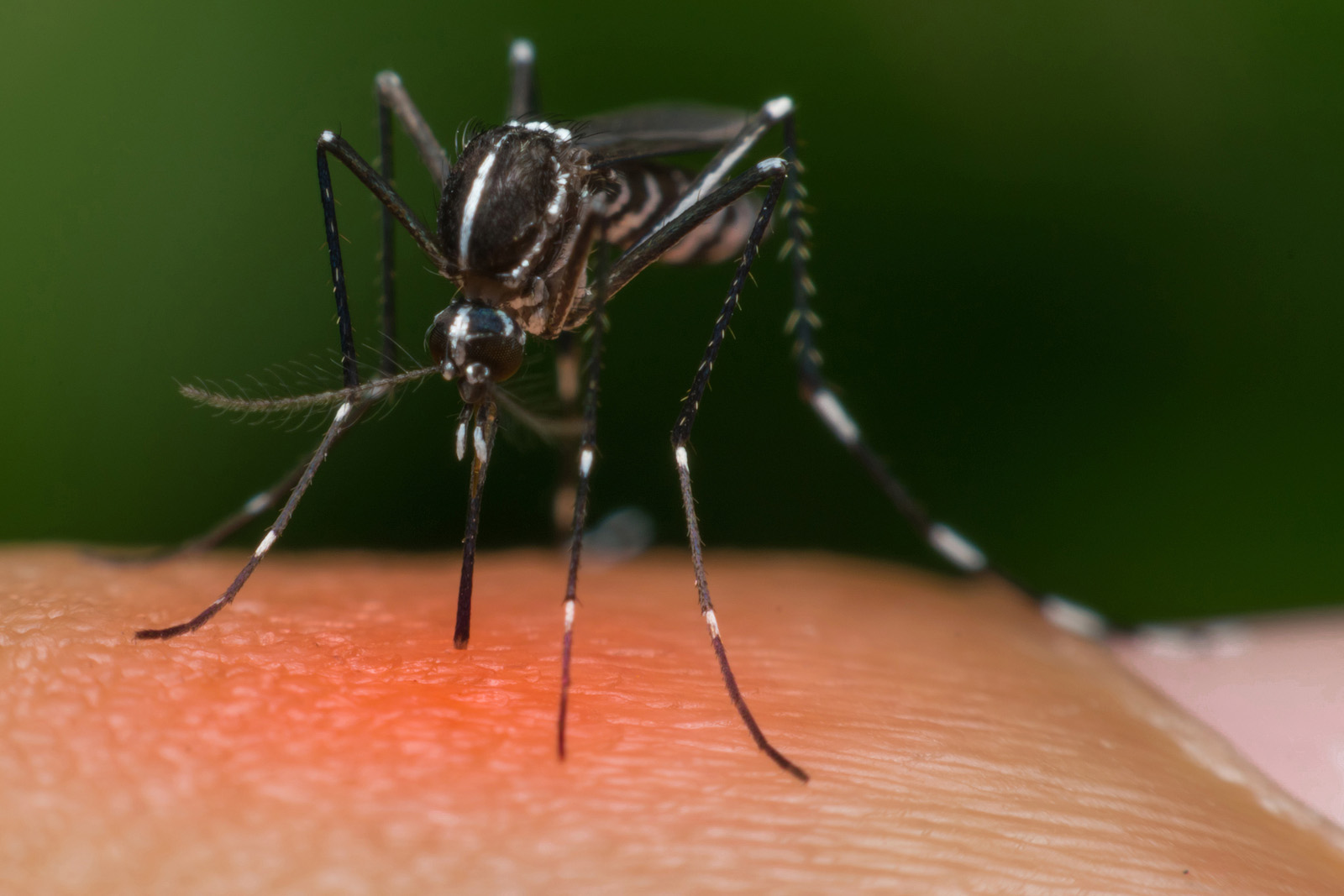Global warming and other factors could lead to a sharp increase in the number of vector-borne diseases like dengue and Zika in Puerto Rico in the near future, according to a new review by Amira Roess, PhD, MPH, an assistant professor of global health at Milken Institute School of Public Health at the George Washington University (GW).
Roess and her colleague, Angela Matysiak, an MPH alumni, conducted a systematic review of 26 peer-reviewed articles studying risk factors for dengue and Zika in Puerto Rico between 2001 and 2015. First, they found global warming had led to an explosion in the Aedes Aegypti mosquito, the vector that carries dengue and the Zika virus.
Second, these mosquitos can breed in open septic tanks—and the resulting population boom can then spread Zika and other diseases. This mosquito is indigenous to Puerto Rico and have adapted to urban and other environments. Low-income populations in Puerto Rico with open septic tanks are now at greater risk for exposure to these disease-carrying mosquitos, says Roess.
The review points to some solutions for the coming epidemics of vector-borne diseases like Zika in Puerto Rico. Roess says that infrastructure investments to provide homes on the island with sewers and access to a safe, reliable water supply would go a long way toward reducing the risk.
Read the study, “Interrelationship between climatic, ecologic, social and cultural determinants affecting dengue emergence and transmission in Puerto Rico and their implications for Zika response.” The study was published in the Journal of Tropical Medicine.


